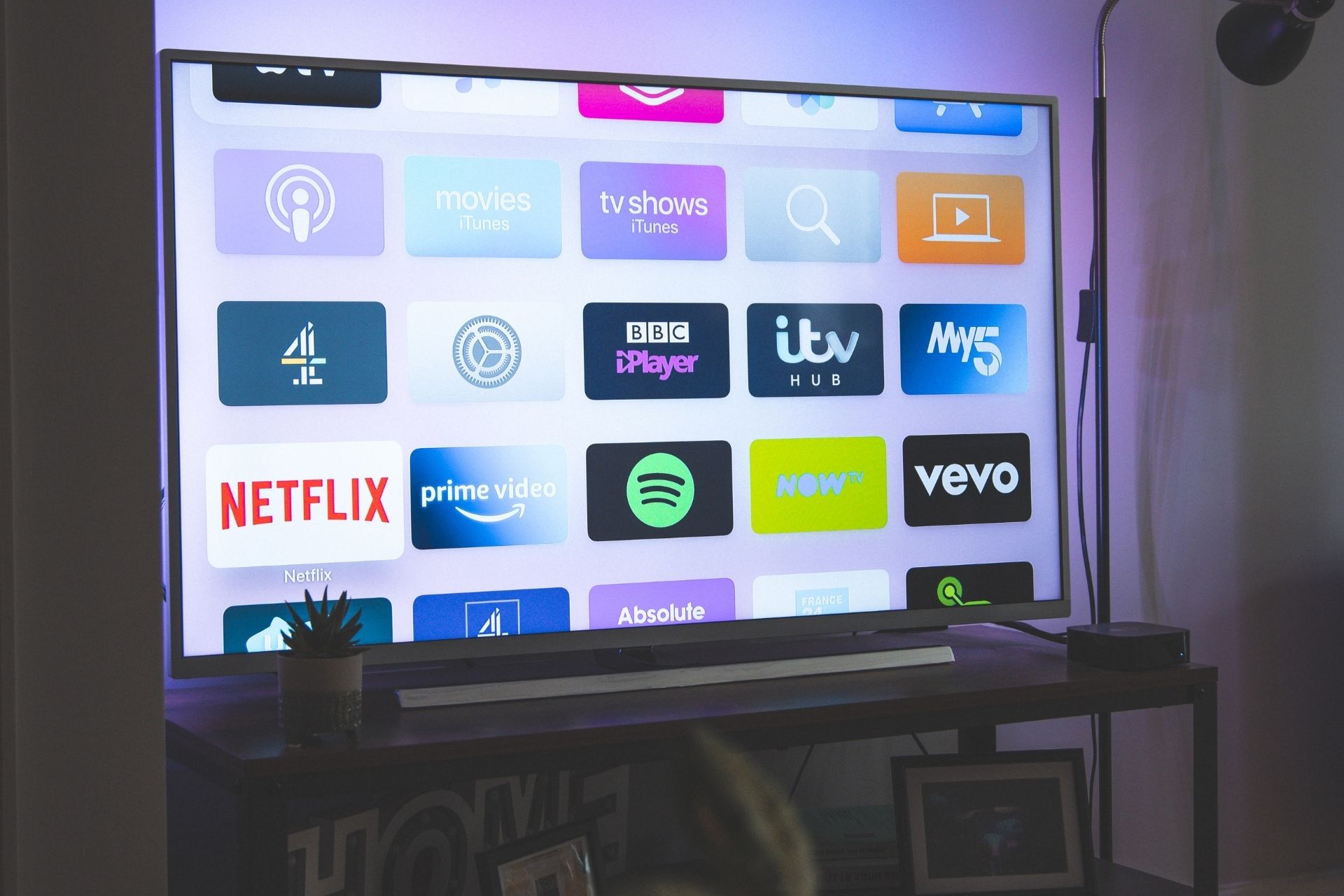One of the most important decisions in setting up a smart home is deciding on a platform. Your home automation system will determine what devices you can use, as well as how you use them. While big names like Google Home and Amazon Alexa may dominate this field, plenty of open-source home automation alternatives are available, too.
Open-source systems are free, give you more control over how you use them and may support a wider range of devices because they’re not tied to a specific company. If you want to make the most of your smart home upgrades, these platforms are an excellent choice. Here are some of the best for 2024.
1. OpenHAB
OpenHAB is one of the biggest open-source home automation platforms, supporting thousands of devices and boasting a community of more than 43,000 members. It supports many connectivity standards, including Wi-Fi, Bluetooth and USB, and lets you control devices with voice commands, scripts, event-based triggers and rules.
Similarly, OpenHAB can run on virtually any operating system, from Windows to iOS to Raspberry Pi. While it offers cloud support, you don’t need the cloud to run it, letting you use it entirely locally if you want. It does take some basic computing and coding knowledge to run, but with such a large support community, you can easily find answers to any questions you have.
2. Home Assistant
If you’re looking for something a little more user-friendly, you may want to try Home Assistant. Like OpenHAB, it supports a huge range of devices and operating systems, letting you mix and match smart home gadgets as you please. It also comes with an intuitive interface that makes it easy to set up and control your smart home.
Home Assistant runs on local networks, which often makes it more responsive than cloud-based alternatives. However, its community isn’t as large as OpenHAB’s, and its documentation is sometimes outdated, which can be frustrating if you run into any issues.
3. Domoticz
Domoticz is another great open-source home automation platform, though it’s more limited than Home Assistant and OpenHAB. It’s a remarkably simple program, designed to run on a single cable, and supports many protocols, from HTTP to Zigbee to Bluetooth. It also comes with easy-to-follow, step-by-step instructions to get your smart home up and running without much trouble.
The platform is best for Linux operating systems, but you can set it up on Windows, too. You can also set up push notifications for Android and iOS, but it’s not as easy to control remotely or with other devices.
4. OpenMotics
If you’re looking for something a little more unique, try OpenMotics. This open-source home automation platform offers ready-made custom modules you can use for fast, easy setup. You can either buy these from their online store or recreate them using the source code.
The latter, free way to use OpenMotics is a bit more complicated than some alternatives, but the platform itself is highly convenient. It supports thousands of devices and can automate many basic processes. You should note, though, that it’s best with Google devices, so it’s not as versatile as some other platforms.
5. HomeGenie
Rounding out our list is HomeGenie, a web-based smart home platform. Because it’s internet-based, it can run on any operating system, though it does require a consistent internet connection. It also offers many customization and control options, like being able to configure RFID tags.
HomeGenie’s user interface is attractive and easy to use, though the platform isn’t compatible with quite as many devices as some other options. It also lacks the community support of some alternatives, but its intuitiveness helps make up for that.
There’s an Open-Source Home Automation System for Everyone
These five options aren’t the only open-source home automation platforms out there, but they’re among the best. Between these, you can find a system that works for you, regardless of what devices you have or your level of computing experience. Now that you know what’s available, you can create the smart home you want without getting locked into a single vendor.
Recent Stories
Follow Us On
Get the latest tech stories and news in seconds!
Sign up for our newsletter below to receive updates about technology trends














